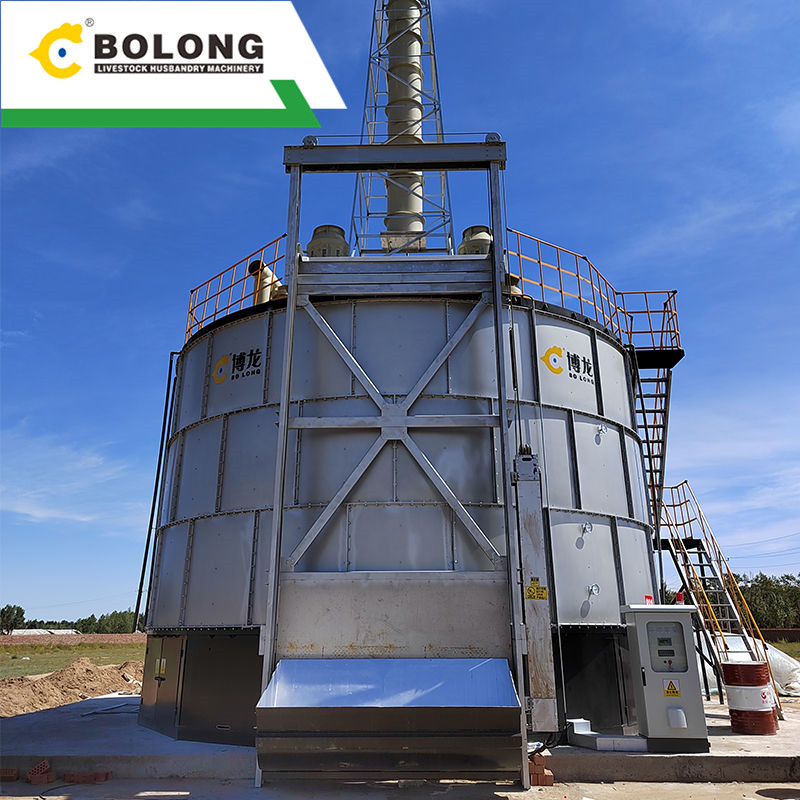
tent should be between 40% and 65% in an active compost pile. The optimal pH is between 6.5 and 8. To check the moisture level, dig into the pile at least one foot, pick up a handful of compost, and squeeze. You should feel liquid, or at least a few drops of liquid will be squeezed out (Rodale Institute, 2014). Compost Application Rates

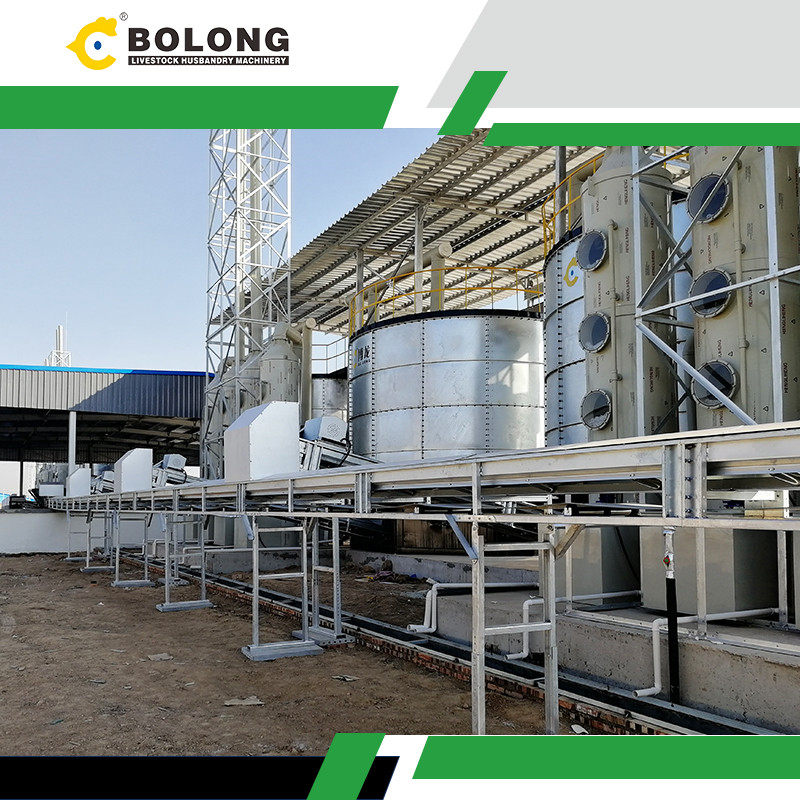
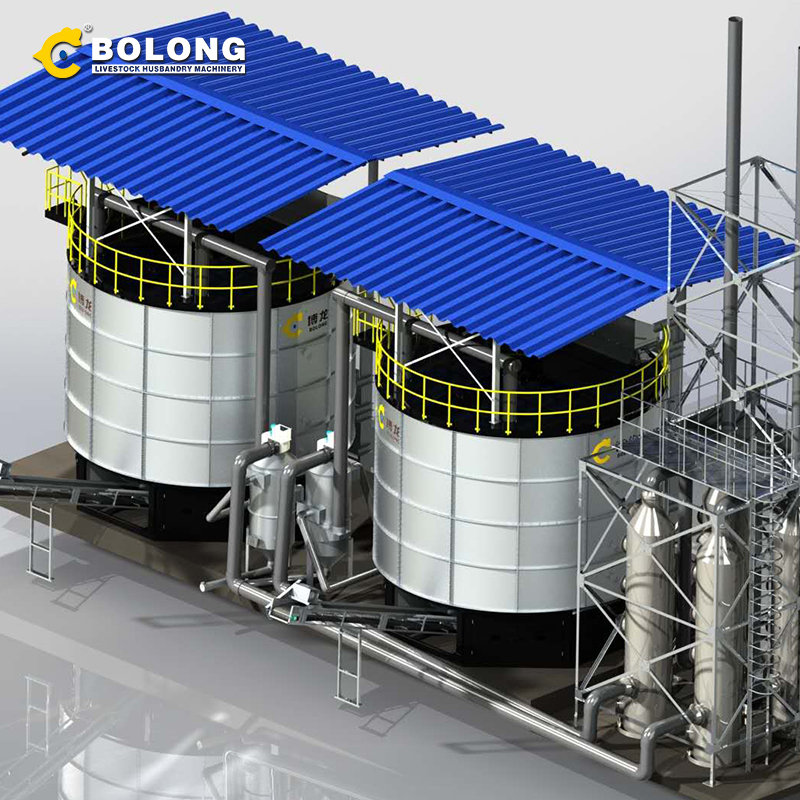
2024/4/2/ · Optimal Composting Conditions for Coffee Filters A balanced mix between green ingredients and brown ingredients is needed to produce a nutritious compost. When composting coffee filters, layer the organic wastes and aim for the ideal carbon:nitrogen (C:N) ratio of 25 to 30 parts brown ingredient for every 1 part green ingredient.

Then according to the equation from above, the volume of the compost bin would have to be: (compost bin volume) = 2* (length of garden)* (width of garden)* (depth of compost) = 2*30*20* (1/6) = 200 cubic feet. Based on the table above, we could use a compost bin with dimensions of 10 feet long by 10 feet wide by 2 feet tall.
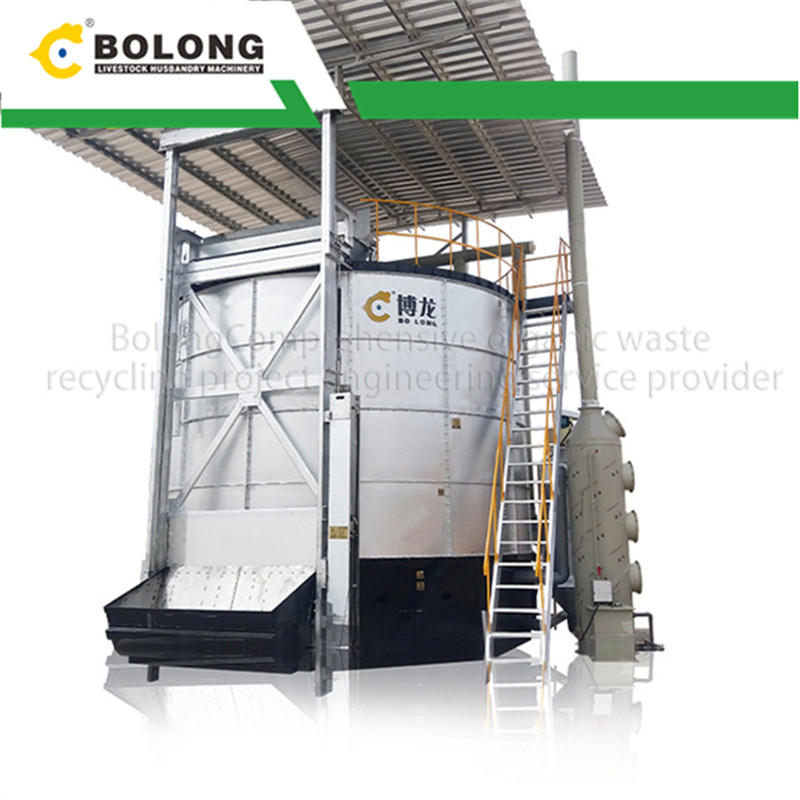
Turning the compost when temperatures exceed 140° F (60° C) can prevent both these potential problems. When the temperature drops below 70° F (21° C), the composting process is nearly complete. However, it is also possible that imbalances of oxygen or moisture are causing the pile to cool. If the compost is properly moist, and turning does

Compost quality use guidelines for assessing compost quality for use in vegetable production are limited. The objective of this paper is to present guidelines for determining compost quality for use in organic or conven-tional vegetable production. Organic vegetable production in the United States must comply with National Or-ganic Program (NOP

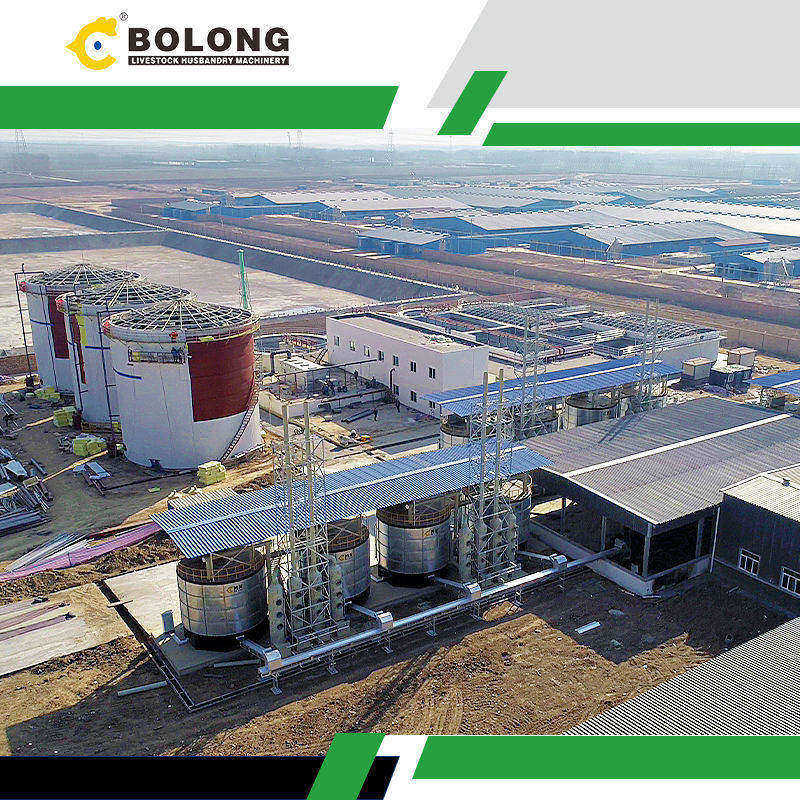
will have a suitable moisture level for optimal composting. 1. Using the procedure on p. 44, measure the moisture content of each of the materials that you plan to compost. Suppose, for example, that you weigh 10 g of grass clippings (Ww) into a 4-g container and that after drying, the container plus clippings weigh 6.3 g. Subtracting the 4-g
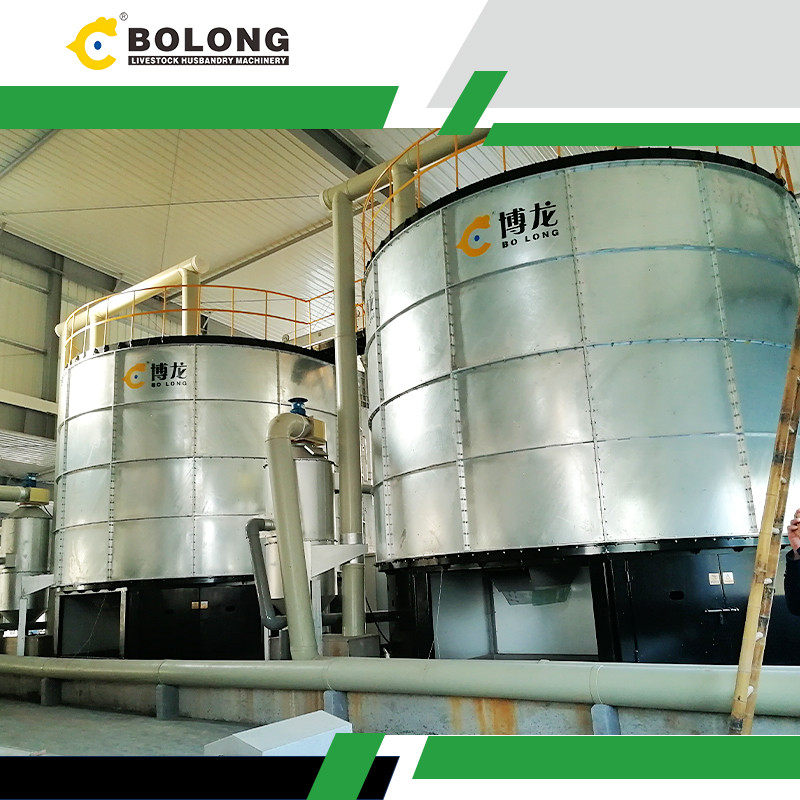
2022/3/23/ · Hot Composting Basics . The size of your compost bin or pile is very important when it comes to hot composting. Too small and the pile won't heat up sufficiently. A good size for a pile or bin for hot composting is at least four feet wide by four feet high. In general, bigger is better, but four feet by four feet is a manageable size for

2017/4/1/ · Compost stability can be determined by respiration rate by measuring the rate at which carbon dioxide is released or O 2 consumed in optimal moisture and temperature conditions. Portable easy to use compost stability tests such as the Solvita maturity test (Woods End Research Laboratory, Mt Vernon, ME) are available commercially.

Well, according to the USDA, the ideal carbon to nitrogen rate for optimal microbial action in a compost pile is between 20:1 and 40:1, with 24:1 being the absolute sweet spot. So, you can either build a pile and hope for the best or, you can use our compost calculator to help make sure your compost pile has good carbon to nitrogen ratios.

In our guide to the Carbon: Nitrogen ratio, we took an in-depth look at the role of the essential nutrients in composting.. As discussed there, you CAN compost with a wide range of C: N ratios. Moreover, while you can calculate exact ratios, it’s complex, time-consuming and probably far more involved than the average home composter needs to

2023/11/7/ · Composter correctement exige de connaître certaines conditions et de respecter quelques Les déchets organiques ajoutés doivent être suffisamment humides pour créer un environnement de compostage optimal. Évitez cependant d’ajouter trop d’humidité au compost car cela incite la croissance des mauvaises herbes et des

2024/5/31/ · There are various elements to consider when building and sizing compost bins. Your compost bin should be two times the size of your compost pile. The minimum size of a compost bin should be 50 cubic feet. When building a compost bin, consider the amount of humus you need and the waste you can provide.